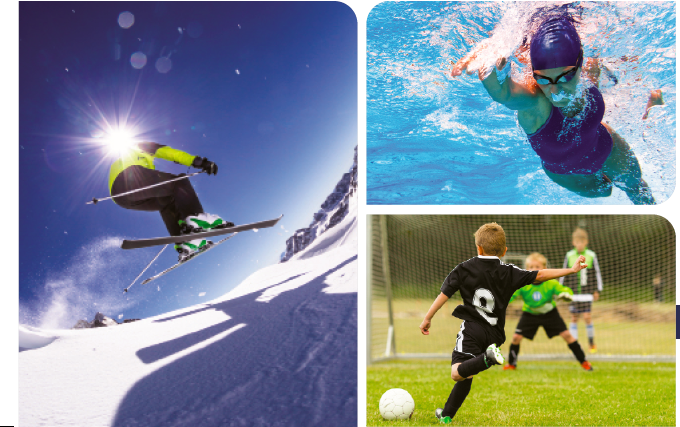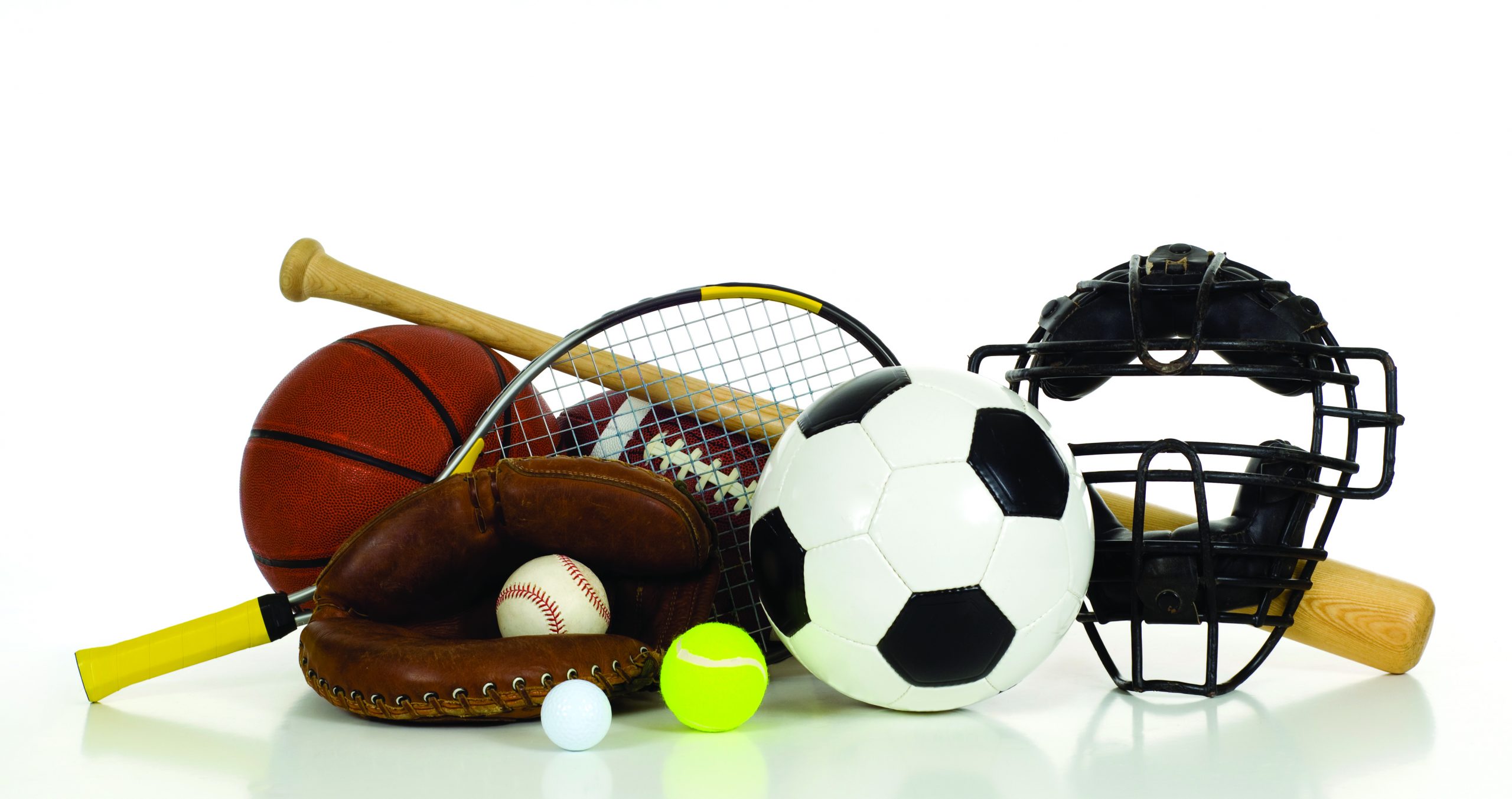Recently, the International Olympic Committee (IOC) included sleep health as part of its first official mental health position statement. Additionally, the National Collegiate Athletic Association (NCAA) in the US published its first position paper on sleep health for athletes with recommendations. Three professionals comment on these strides in sleep health.
“Overtraining Syndrome”
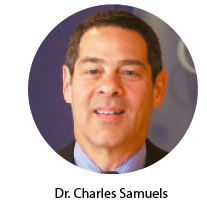
Dr. Charles Samuels is the Medical Director of the Centre for Sleep & Human Performance and The Sleep Institute Ltd., as well as a Clinical Assistant Professor of Medicine and Adjunct Professor at Kinesiology University of Calgary. Dr. Samuels has been in the field of sleep medicine for 25 years.
“Since the late 1990s,” Dr. Samuels begins, “I have been seeing elite athletes from all types of sport for sleep-related issues. Universally, athletes have recognized and appreciated that they can get help with sleep which translates into better physical and mental health as well as training capacity and competitive performance.” Dr. Samuels notes that from the beginning, it was a challenge to educate athletes, coaches and support staff about the role of sleep in recovery of athletes. Recovery is key in improving training capacity, sport performance, and resilience. In recent years however, sleep has become a recognized and important factor in managing athletes. “At the beginning, it was myself, Cheri Mah and Shonna Halson who brought sleep to the forefront in athletics. However, our efforts fell on the heels of Drs. Tom Reilly and James Waterhouse who were instrumental in developing this field of research,” Dr. Samuels explains.
In 2005, Dr. Samuels was approached by the Sports Science group at the University of Calgary to help address an emerging problem the sport physiologists and physicians had recognized in National Team and Olympic Team athletes. The issue was dubbed “overtraining syndrome,” but has since become known as under-recovery rather than overtraining. Dr. Samuels says, “Overtraining syndrome was a consistent finding of sleep disturbance in these athletes. For the most part, at the beginning, this was seen in swimmers and cross country skiers. This led to the parallel development of a Sleep Education Program and Research Project on sleep, recovery and performance supported by the Canadian Sport Centre Calgary and the University of Calgary Sports Medicine Program.” Dr. Samuels was asked to create a research program to develop a sleep screening tool which has since become the Athlete Sleep Screening Questionnaire© (ASSQ). Though the initiative began in 2005, it took 13 years to complete, with a fully-validated sleep screening questionnaire and intervention application in 2018. The ASSQ is now the worldwide standard sleep screening tool for elite athletes, and Dr. Samuels and his team are embarking on a Post-Doctoral Research project to validate the ASSQ in student athletes and adolescents, as well as professional video gamers (eSport athletes).
Going forward, Dr. Samuels is working with Red Bull eSports. “Surprisingly,” Dr. Samuels relays, “the eSport athletes at the professional level identify sleep as the number one barrier to performance. As they are highly committed to managing sleep issues, we have developed a specific approach to the eSport athletes and are involved with numerous teams and athletes to manage the negative impact of screen time and light exposure on their sleep. This has been the most rewarding of all my experiences interestingly enough because the challenge is immense!”
Official Recognition
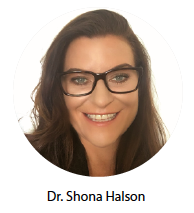
In 2002, Shona Halson, PhD began working with elite athletes and sleep at the Australian Institute of Sport. The now Professor at Australian Catholic University began noticing how many athletes were complaining of not sleeping well and realized this was an important issue. Dr. Halson explains, “When I looked at the literature and could not find any publications on elite athletes, we started a series of studies to measure sleep in athletics.”
For nearly 20 years, Dr. Halson has continued to be involved in both research and education in this area. Dr. Halson states, “I have always believed that sleep is one of the pillars for high performance athletes alongside training and nutrition. I advocate for athletes and their staff to prioritize sleep and consider it just as important as the training they do.”
Though Dr. Halson and teams of professionals like her have been pushing for this acceptance of sleep’s importance since the 1990s, she believes sleep moved to the forefront as an important factor in athletics and sports in Australia over the last 10 years. “I have noticed that elite athletes are more interested in optimizing sleep and are paying more attention to sleep as a tool to enhance performance,” Dr. Halson states. “Coaches and support staff are now thinking about ways to protect sleep by looking at training and travel schedules with more scrutiny.”
Of the IOC and NCAA including sleep in its official statements and recommendations, Dr. Halson says, “We know sleep and mental health are intricately linked. Having an organization such as the IOC recognizing this is an important first step. Of course, there is more to do in this area. As with the NCAA, this is also an important initial step. Student athletes often have very challenging schedules, and we need to make sure sleep is protected in these individuals.
Hopefully, the messages are being heard by decision-makers and individuals who have influence in this environment.” Dr. Halson cites tools to manage stress and organize schedules and advice around caffeine and screen time as the most important recommendations needed for young athletes to perform their best. She finishes by adding, “As a scientist, I believe we have an important role in educating our athletes regarding the importance of sleep. Not just for performance but for lifelong health and wellbeing.”
A New Conversation
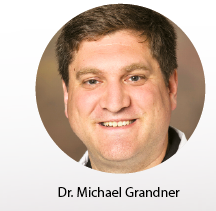
Michael Grandner, Director of the Sleep and Health Research Program at the University of Arizona College of Medicine has been working in the sleep field for about 20 years, with his work surrounding sleep and sports beginning in 2013.
Dr. Grandner has watched sleep in athletic circles go from being just time spent not training or improving, to sleep becoming a primary driver of athletic recovery.
Dr. Grandner explains, “I have been working to push sleep into the sports mainstream for several years by interacting with athletic organizations like the NCAA, MLB, and the Olympics, as well as teams and—most importantly—individual players, support staff and training staff.”
After the introduction of the NCAA Mental Health Best Practices document that prominently included sleep, Dr. Grandner noticed a change in the conversation that gave athletes and organizations the opportunity to talk about their own sleep challenges. “I think this is a great step forward for the field,” Dr. Grandner says. “The Olympics are an international role model for promoting cooperation and helping people strive to be better. Their recent attention towards the importance of mental health is a welcome and exciting development. The inclusion of sleep health in this document is a key factor in not just mental health but also physical health and performance helps to start a global conversation about sleep and sport in places where that conversation has not yet begun.”
Similarly, Dr. Grandner watched as the NCAA has taken a bold leadership position on the importance of sleep for student athlete health and well-being. “As the first such organization to take an official position specifically on sleep—as well as including thoughtful recommendations,” Dr. Grandner states, “they are showing care for student athletes. They are serving as a model for other organizations who are looking to take a similar stand on an issue that supports health and performance.”
Dr. Grandner notes that “a lot of the progress” of sleep health in athletics is owed to Dr. Brian Hainline, who is the Chief Medical Officer of the NCAA. It was Dr. Hainline who included sleep in the first mental health best practices, and he was also a key leader in the IOC effort.
